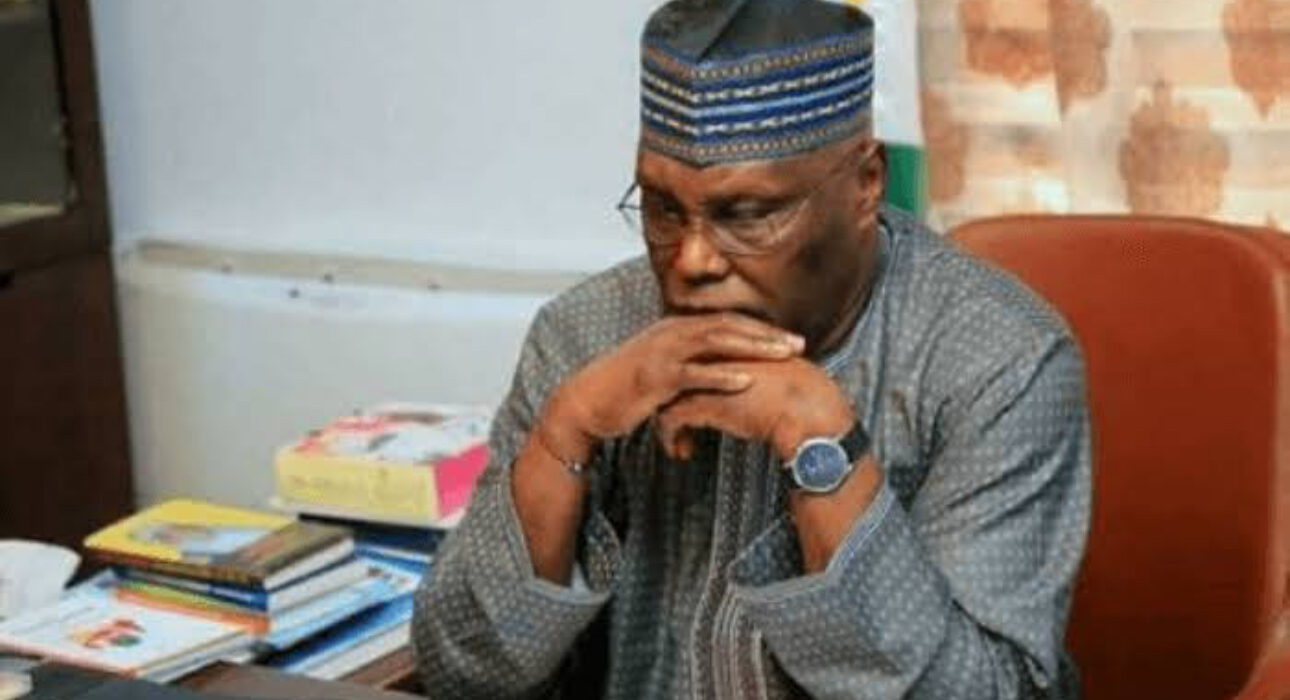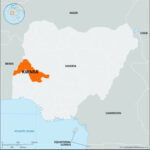Atiku Commiserates with Victims of Kano GSM Market Fire, Demands Urgent Safety Reforms

Former Vice President Atiku Abubakar has expressed deep sympathy to the victims of the devastating inferno that razed the popular GSM market in Kano, while calling on authorities to urgently reform safety practices in markets across the country.
The fire, which reportedly destroyed dozens of shops and valuables worth millions of naira, occurred in the early hours of the day, leaving traders and business owners in shock and despair.
The incident is just one of many recurring market fires that have plagued Nigerian cities in recent years—often attributed to poor electrical installations, storage hazards, and lack of adequate emergency response systems.
Atiku described the fire as not just a tragedy for the affected traders, but also a wake-up call to government agencies and market regulators nationwide. He stressed the pressing need to overhaul safety protocols in high-risk trading environments, particularly those dealing with sensitive materials like electrical goods and batteries.
“This tragedy underlines the urgent need for reforms to improve safety in marketplaces across the country. Particularly in areas where electrical goods and batteries are stored or sold, proper precautions and guidelines must be enforced to protect lives and livelihoods.”
Atiku’s remarks come amid mounting frustration among traders and civil society groups, who argue that little has been done over the years to improve safety in crowded commercial centers. Markets like the Kano GSM hub are vital economic engines, but they often operate under unsafe conditions, with limited fire prevention tools, no formal inspections, and inadequate enforcement of building codes.
Although the exact cause of the fire is still under investigation, eyewitnesses at the scene reported that the flames spread rapidly, aided by highly flammable electrical materials and a lack of fire-fighting equipment on site.
Reacting to the incident, many have joined the call for market unions and local governments to collaborate more proactively in enforcing safety standards.
Suggestions include installing modern fire suppression systems, regulating the wiring and storage layout of shops, and conducting regular safety audits—especially in markets dealing with electronics, batteries, fuel, and other hazardous items.
Atiku, who has long advocated for institutional reforms and infrastructural development, urged the government not to treat such incidents as isolated accidents. Instead, he said they should be seen as evidence of broader systemic failure, requiring bold and urgent intervention.
As recovery efforts begin and affected traders count their losses, the former Vice President’s statement has renewed national attention on the need to safeguard Nigeria’s bustling but vulnerable market spaces from recurring disasters.









